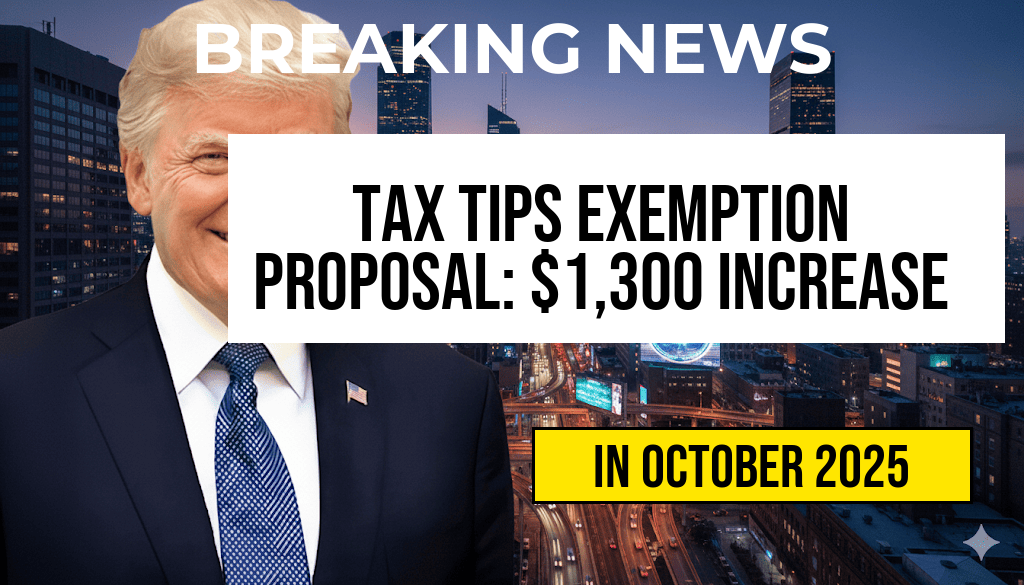Understanding the $0 Difference Between Tip Credit and $17.95: What Employers in D.C. Must Cover
Employers in Washington D.C. are navigating complex wage laws that distinguish between tip credits and direct wage requirements, especially with recent updates surrounding the $17.95 threshold. The city’s minimum wage regulations stipulate that employers can take a tip credit—reducing their direct wage obligation—only if certain conditions are met. Notably, when an employee’s total earnings, including tips, reach a specific threshold, the employer’s obligation shifts. This article clarifies the implications of the $0 difference between tip credit and $17.95, what employers are required to cover, and how these rules impact wage calculations in the District.
Background: Minimum Wage and Tip Credit Regulations in D.C.
Washington D.C. enforces a minimum wage law that aligns with or exceeds federal standards, currently set at $16.10 per hour as of 2023, with plans for incremental increases. The city permits employers to apply a tip credit—a deduction from the minimum wage—allowing them to pay tipped employees less than the standard minimum wage, provided tips make up the rest.
According to D.C. law, the tip credit can be up to $5.35 per hour, meaning that employers can pay tipped employees as little as $10.75 per hour if tips are sufficient. However, if tips combined with the employer’s direct wages do not meet the minimum, the employer must compensate the difference. This balance hinges on clear calculations of the tip credit and the total earnings.
The Significance of the $17.95 Benchmark
The figure of $17.95 emerges from the sum of the standard minimum wage ($16.10) plus the maximum tip credit allowed ($1.85) in some contexts, or as a specific threshold in certain local regulations. When an employee’s total tips plus direct wages reach this figure, the employer’s obligation is effectively neutralized, resulting in a $0 difference—meaning the employer does not need to provide additional direct wages beyond tips.
| Component | Amount | Description |
|---|---|---|
| Standard Minimum Wage | $16.10 | Baseline hourly wage mandated by D.C. law |
| Maximum Tip Credit | $1.85 | Allowed deduction from the minimum wage for tips |
| Total Potential Wage with Tip Credit | $17.95 | Sum of minimum wage and tip credit |
| Employee Total Earnings (Tips + Wages) | ≥$17.95 | Threshold where employer’s direct wage obligation is nullified |
Implications for Employers: When Do They Need to Cover the Difference?
Employers are only required to cover a difference if an employee’s combined earnings from tips and direct wages fall short of the applicable minimum wage. When the total earnings reach the $17.95 mark, the employer’s wage obligation effectively drops to zero—hence the $0 difference.
Key Scenarios for Employers:
- Employee earnings below $17.95: The employer must pay the difference between the actual earnings and the minimum wage, ensuring the employee’s total income meets or exceeds the law.
- Employee earnings equal or above $17.95: No additional wages are required from the employer, as tips sufficiently cover the minimum wage obligation.
Understanding the Calculation Process
Employers should regularly calculate whether tipped employees’ combined earnings meet the $17.95 threshold. For instance, if an employee earns $10 in direct wages and $8 in tips, their total earnings amount to $18, surpassing the threshold. In this case, the employer isn’t required to supplement wages beyond tips. Conversely, if tips amount to only $5, the employer must compensate the shortfall to reach the minimum wage of $16.10.
Example Calculation:
- Direct wages: $10
- Tips: $5
- Total earnings: $15
- Minimum wage requirement: $16.10
- Difference: $1.10 (employer must pay this amount)
Legal and Practical Considerations
Employers should maintain detailed records of both wages and tips to ensure compliance. The U.S. Department of Labor (DOL) emphasizes transparency, requiring employers to clearly communicate wage policies and tip credit applications to employees. Failure to adhere to these regulations could result in penalties or legal challenges.
Since wage laws are subject to updates and local amendments, employers are advised to consult the District of Columbia Department of Employment Services or legal experts specializing in labor law for current compliance guidelines.
Resources for Employers and Employees
- Fair Labor Standards Act (FLSA)
- DC Department of Employment Services Wage Laws
- Forbes: Understanding Tip Credit and Wage Laws
Frequently Asked Questions
What is the tip credit in Washington D.C.?
The tip credit allows employers to count a portion of employee tips towards meeting the minimum wage requirement, effectively reducing the amount they must pay directly to employees.
How does the $0 difference relate to employer obligations in D.C.?
The $0 difference indicates that employers are required to pay employees the full $17.95 minimum wage without relying on tips, meaning tips cannot be used to offset the minimum wage requirement.
Who is affected by the tip credit and the $17.95 minimum wage in D.C.?
Both employees in tipped positions and employers operating in D.C. must understand these requirements to ensure compliance with local wage laws.
Can employers in D.C. count tips towards the $17.95 minimum wage?
No, in D.C., the law requires employers to pay the full $17.95 minimum wage directly, and tips cannot be used as a credit to satisfy this wage requirement.
What are the implications for employers regarding tip credit and minimum wage laws in D.C.?
Employers must ensure they pay at least the $17.95 minimum wage to employees, regardless of tips, meaning the tip credit cannot be applied in this context, affecting payroll calculations and employee earnings.










